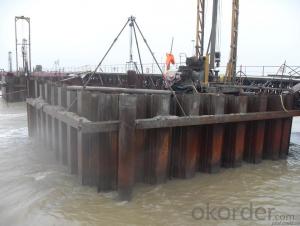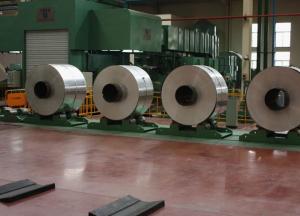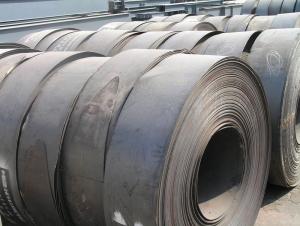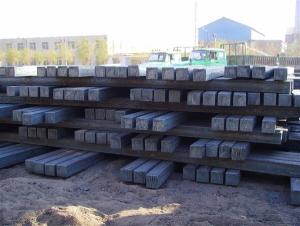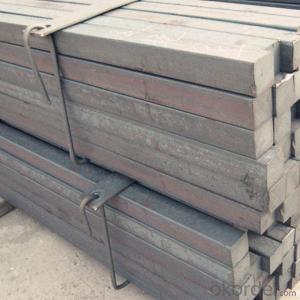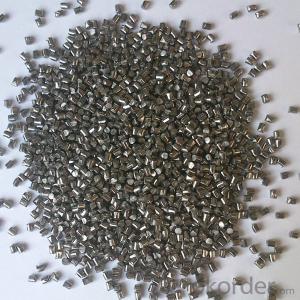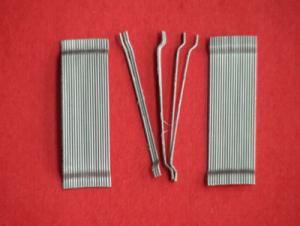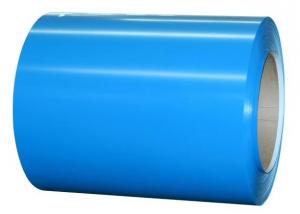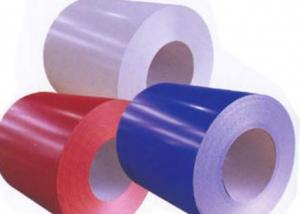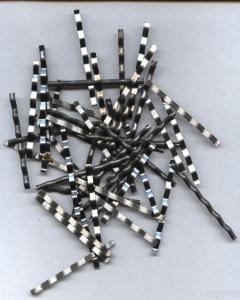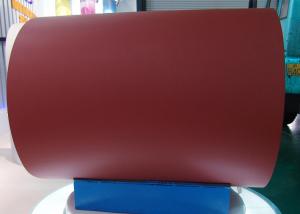Steel Tubular Pile 1000mm
- Loading Port:
- China Main Port
- Payment Terms:
- TT OR LC
- Min Order Qty:
- -
- Supply Capability:
- -
OKorder Service Pledge
Quality Product, Order Online Tracking, Timely Delivery
OKorder Financial Service
Credit Rating, Credit Services, Credit Purchasing
You Might Also Like
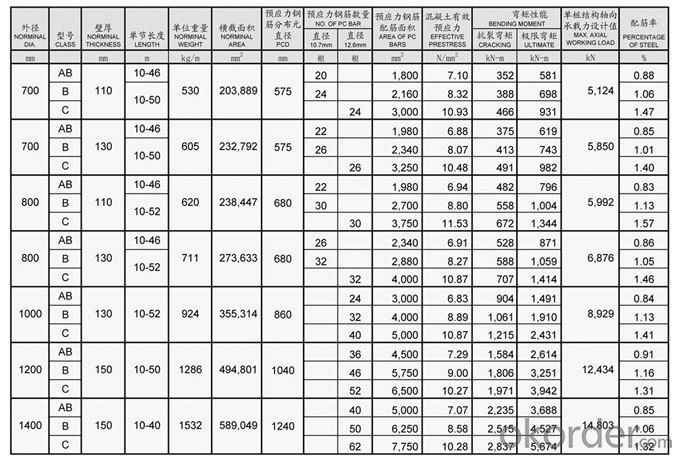
- Q:What are the different types of steel sheets and their uses in the construction of prefabricated buildings?
- There are several types of steel sheets commonly used in the construction of prefabricated buildings. One of the most common types is cold-rolled steel sheet, which is durable, lightweight, and easy to work with. Another type is galvanized steel sheet, which is coated with a layer of zinc to protect against corrosion. Galvanized steel is often used in outdoor applications or in areas with high moisture levels. Additionally, there are also stainless steel sheets, which are highly resistant to corrosion and offer excellent aesthetic appeal. These sheets are often used in areas where hygiene and cleanliness are of utmost importance, such as hospitals or food processing facilities. Ultimately, the choice of steel sheet will depend on factors such as the building's location, purpose, and desired durability.
- Q:How do steel products contribute to the healthcare and medical industry?
- Steel products contribute to the healthcare and medical industry in various ways. Steel is commonly used in the manufacturing of medical instruments, surgical tools, and equipment due to its durability, strength, and resistance to corrosion. Steel is also used in the construction of medical facilities and hospitals, providing a strong and safe infrastructure. Additionally, steel is used in the production of medical storage cabinets, beds, and other furniture, ensuring a sterile and hygienic environment. Overall, steel products play a crucial role in providing reliable and high-quality healthcare services.
- Q:What are the different types of steel tanks and their applications in the chemical industry?
- There are various types of steel tanks used in the chemical industry, each with specific applications. Some common types include carbon steel tanks, stainless steel tanks, and alloy steel tanks. Carbon steel tanks are versatile and widely used for storing liquids, gases, and chemicals. Stainless steel tanks are corrosion-resistant and ideal for storing corrosive chemicals or materials. Alloy steel tanks are used for specialized applications that require high strength and resistance to extreme temperatures. These tanks are crucial for storing and transporting various chemicals and substances safely in the chemical industry.
- Q:How are steel products used in the manufacturing of furniture?
- Steel products are commonly used in the manufacturing of furniture to provide structural support, durability, and aesthetic appeal. Steel is often used in the construction of chair frames, table legs, and cabinet components, as it offers strength and stability. Additionally, steel can be shaped and formed into various designs and finishes, allowing for versatile and modern furniture designs.
- Q:What are the different types of steel sheet and plate materials?
- There are various types of steel sheet and plate materials, including carbon steel, stainless steel, alloy steel, and tool steel. Each type has its unique properties and characteristics, making them suitable for different applications and industries.
- Q:What are the different types of steel wire mesh products?
- There are several types of steel wire mesh products, including welded wire mesh, woven wire mesh, expanded metal mesh, and perforated metal mesh. Each type has its own unique characteristics and is used for various applications such as fencing, construction, filtration, and reinforcement.
- Q:What are the uses of steel in the construction of airports?
- Steel is used in the construction of airports for various purposes including the construction of runways, terminal buildings, hangars, and support structures. It provides the necessary strength, durability, and flexibility to withstand heavy loads, extreme weather conditions, and seismic activity. Steel is also used for the fabrication of bridges, walkways, and other infrastructure within the airport. Additionally, it allows for efficient and cost-effective construction methods, ensuring safe and reliable airport operations.
- Q:What are the different types of steel shelving systems?
- There are several different types of steel shelving systems available, including boltless shelving, rivet shelving, wire shelving, and industrial shelving.
- Q:How does steel reinforcement work in concrete structures?
- Steel reinforcement works in concrete structures by enhancing the overall strength and durability of the concrete. It consists of steel bars or mesh that are embedded within the concrete to provide tensile strength, which is lacking in concrete alone. When subjected to tension, the concrete tends to crack or fail, but the steel reinforcement helps to distribute and resist these forces, preventing the cracks from propagating. This combination of concrete and steel reinforcement creates a composite material that can withstand a wide range of loads and environmental conditions, ensuring the structural integrity and longevity of the concrete structure.
- Q:How are steel products different from iron products?
- Steel products are different from iron products in terms of their composition and properties. While iron is a pure element, steel is an alloy made by combining iron with carbon and other elements. This alloying process gives steel its unique properties such as increased strength, hardness, and resistance to corrosion. Steel products are also more durable and versatile than iron products, making them suitable for various applications in industries like construction, automotive, and manufacturing.
1. Manufacturer Overview |
|
|---|---|
| Location | |
| Year Established | |
| Annual Output Value | |
| Main Markets | |
| Company Certifications | |
2. Manufacturer Certificates |
|
|---|---|
| a) Certification Name | |
| Range | |
| Reference | |
| Validity Period | |
3. Manufacturer Capability |
|
|---|---|
| a)Trade Capacity | |
| Nearest Port | |
| Export Percentage | |
| No.of Employees in Trade Department | |
| Language Spoken: | |
| b)Factory Information | |
| Factory Size: | |
| No. of Production Lines | |
| Contract Manufacturing | |
| Product Price Range | |
Send your message to us
Steel Tubular Pile 1000mm
- Loading Port:
- China Main Port
- Payment Terms:
- TT OR LC
- Min Order Qty:
- -
- Supply Capability:
- -
OKorder Service Pledge
Quality Product, Order Online Tracking, Timely Delivery
OKorder Financial Service
Credit Rating, Credit Services, Credit Purchasing
Similar products
New products
Hot products
Related keywords
